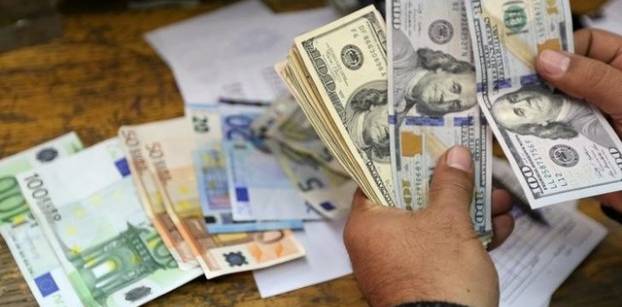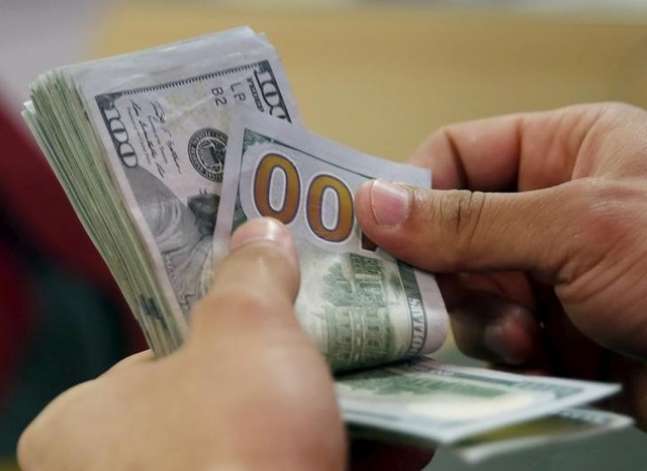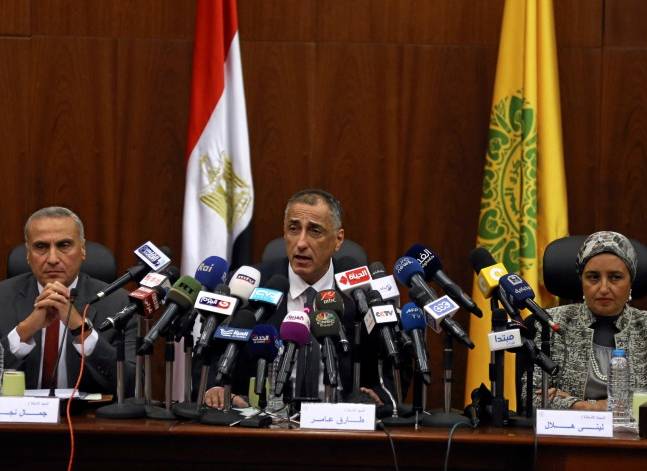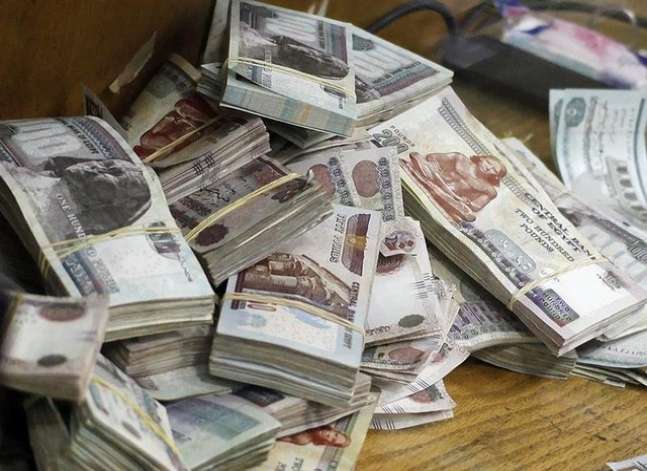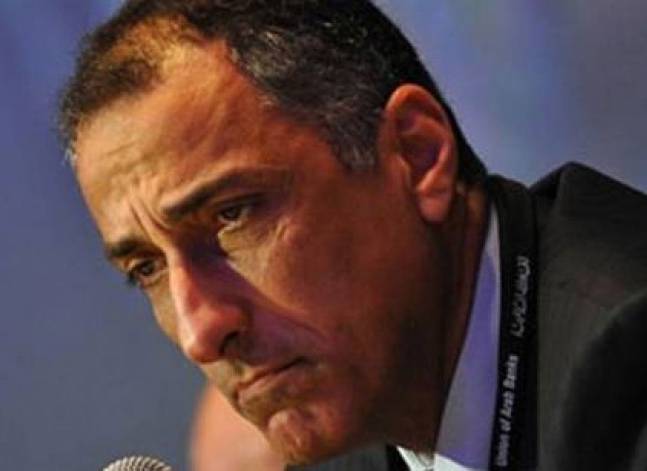Latest NEWS
- Aswat Masriya, the last word
- Roundup of Egypt's press headlines on March 15, 2017
- Roundup of Egypt's press headlines on March 14, 2017
- Former Egyptian President Hosni Mubarak to be released: lawyer
- Roundup of Egypt's press headlines on March 13, 2017
- Egypt's capital set to grow by half a million in 2017
- Egypt's wheat reserves to double with start of harvest -supply min
- Roundup of Egypt's press headlines on March 12, 2017
Egypt central bank leaves key interest rates unchanged as pound strengthens
A man counts U.S dollars and Euros at a money changer office in central Cairo, Egypt, December 27, 2016. REUTERS/Mohamed Abd El Ghany
By Eric Knecht
CAIRO, Feb 16 (Reuters) - Egypt's central bank left its key interest rates unchanged on Thursday at a meeting of its Monetary Policy Committee (MPC), holding fire as the pound currency strengthened to its lowest rate versus the dollar since it was floated in November.
The bank kept its overnight deposit rate at 14.75 percent and its overnight lending rate at 15.75 percent, it said in a statement, the third consecutive meeting where it kept rates on hold.
The decision comes after Egypt's core inflation rate soared in January to 30.86 percent, its highest in more than a decade, as the effects of the currency float and IMF-endorsed austerity measures rippled through the economy.
The central bank quit pegging the Egyptian pound to the dollar in November in an effort to attract foreign capital. The pound consequently weakened from 8.8 pounds to the dollar to roughly 20 pounds in December.
The pound has strengthened significantly in recent days however, trading at around 16 pounds to the dollar on Thursday.
That rate is effectively its strongest since October, when the pound was trading on a black market for dollars at a similar price but largely unavailable at banks at the official pegged rate.
In a statement following the rate decision, the central bank cited higher inflation rates "strongly impacted by the economic reform measures" but said it expects these rates to decline.
"Consistent with the inflation outlook, the targeted disinflation path, and given the balance of risks, the MPC judges that the key CBE (Central Bank of Egypt) rates are currently appropriate," the statement said.
Raising central bank rates would have done little to temper the country's high inflation, which is largely the result of a weaker currency, head of research at Naeem Brokerage Allen Sandeep said.
"You would only raise rates to control inflation if it was the result of excess currency leading to excess demand, which is not the case here," he said.
"The central bank is being more mindful of credit growth, which has slowed down since November."
The November currency float was part of government reforms aimed at clinching a three-year $12 billion loan agreement with the International Monetary Fund that included slashing subsidies. The central bank jacked up interest rates by 300 points after the float in an effort to drain pounds from the market and stabilise the currency, but it has left them on hold ever since. Nine out of 13 economists polled by Reuters had forecast that it would again keep them unchanged this month.
Average yields on Egyptian six-month and one-year Treasury bills, meanwhile, rose at an auction on Thursday, ending a recent rally of declining yields supported by a rush of foreign investors buying Egyptian debt . (Editing by Larry King)

